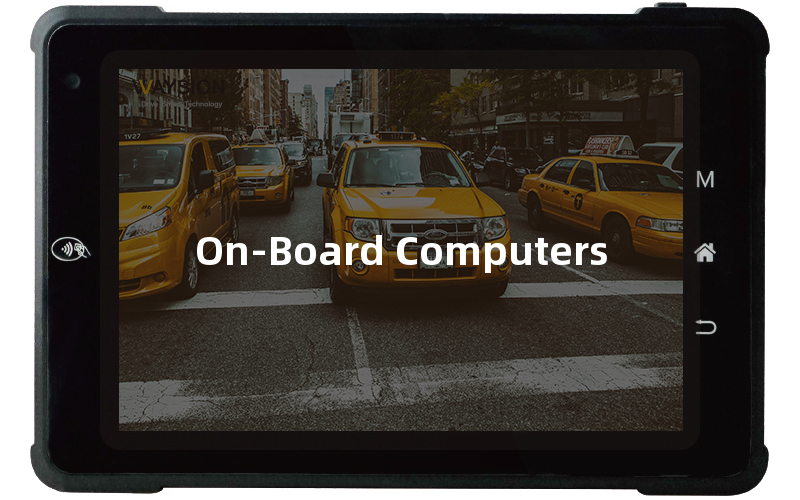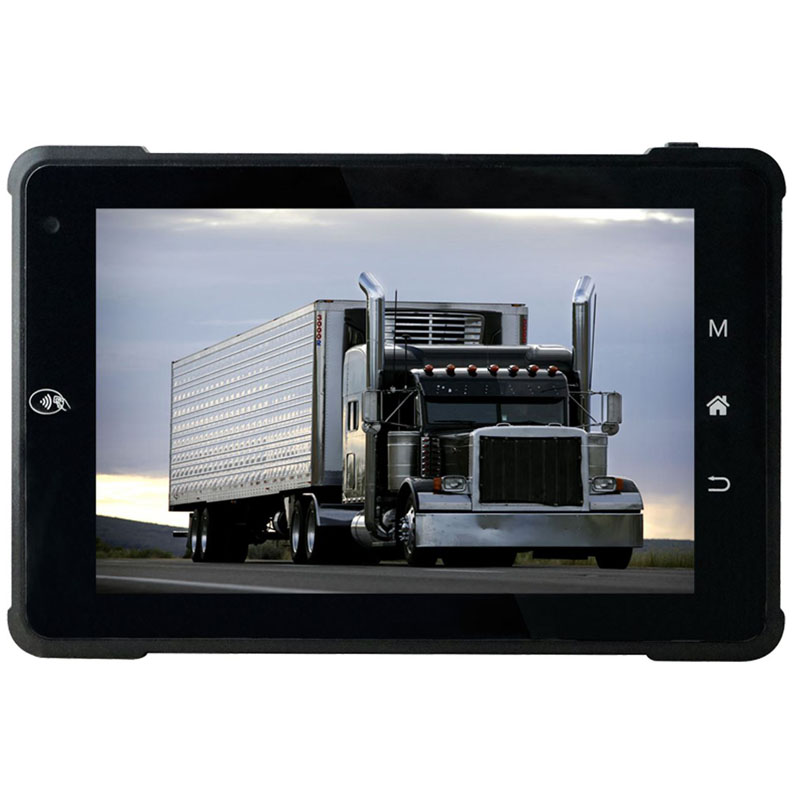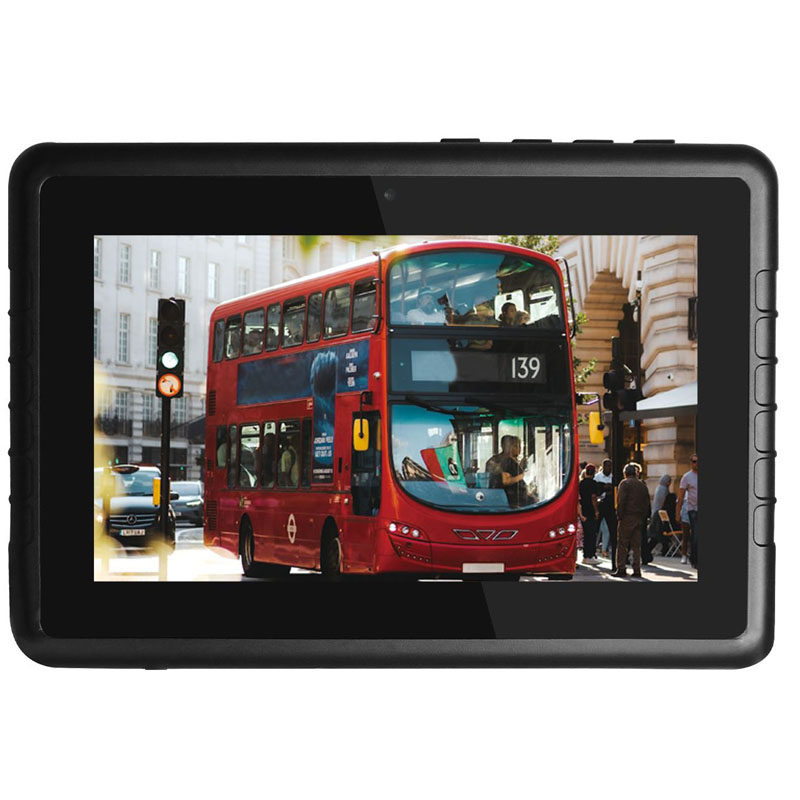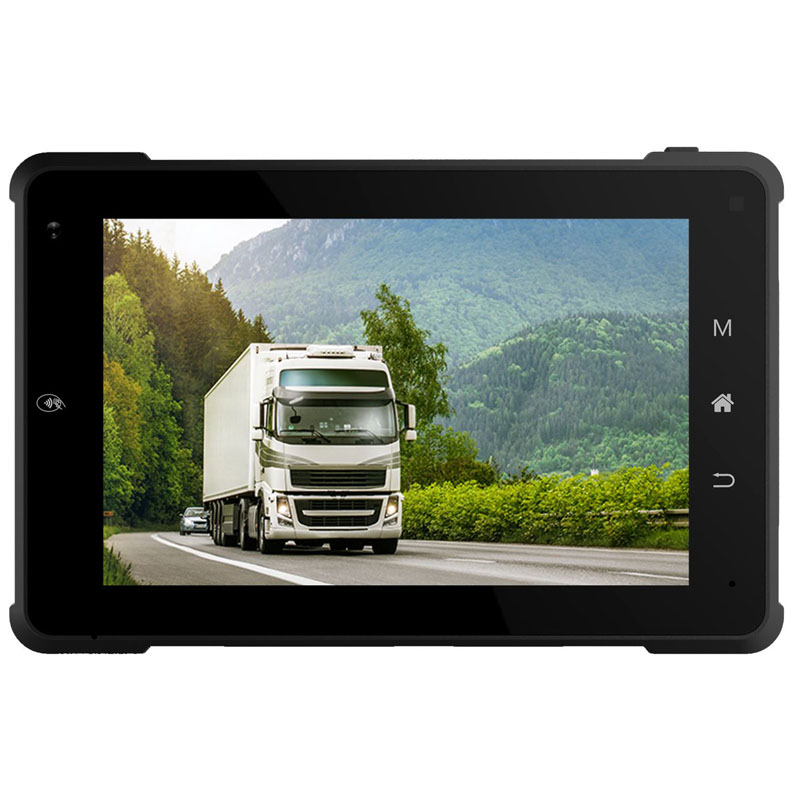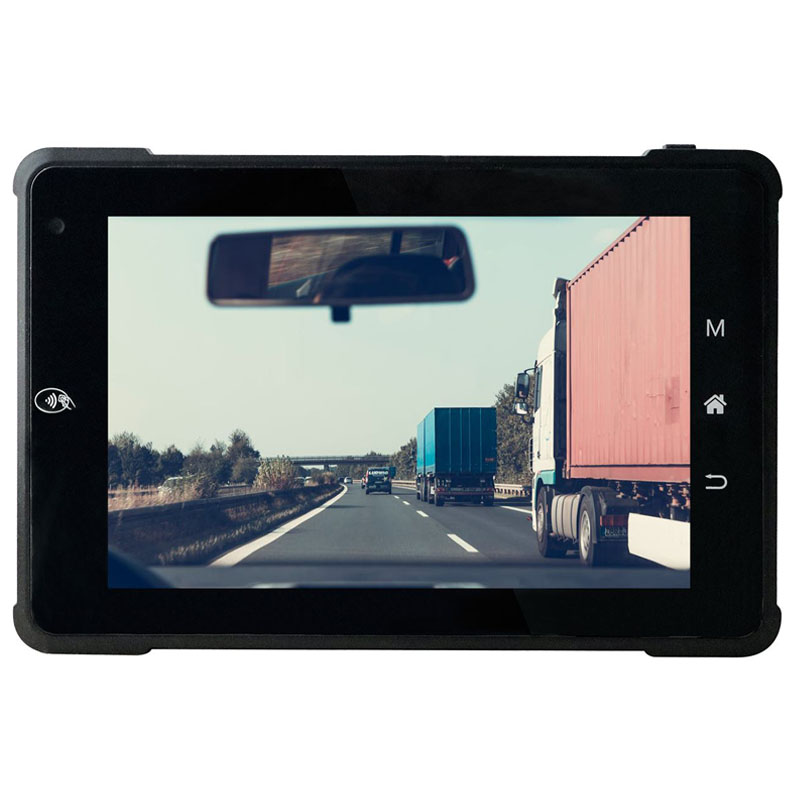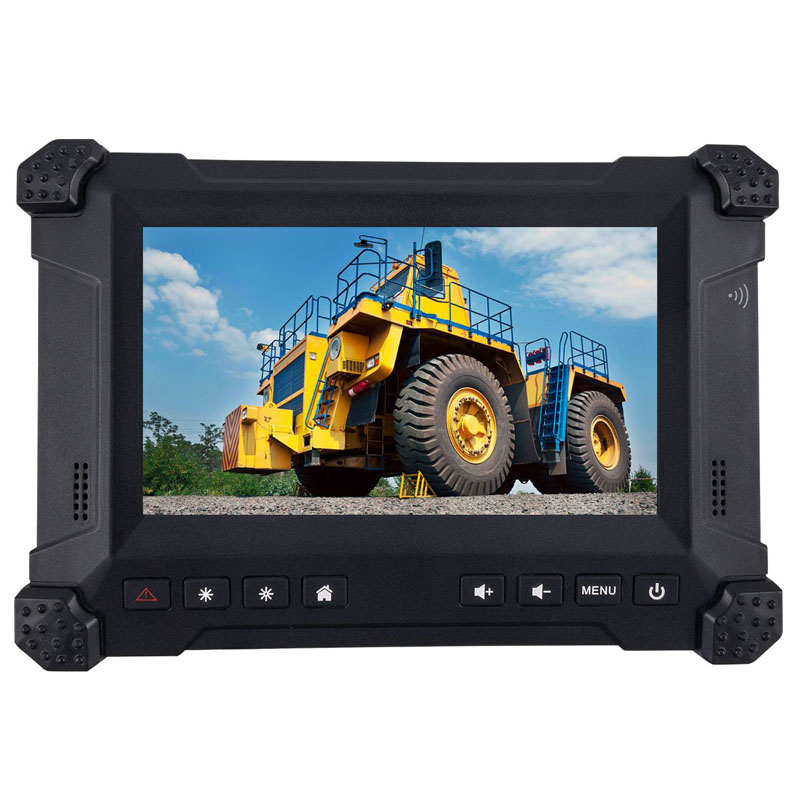The Marvels of On-Board Computers: Revolutionizing Travel, Industry, and Beyond
In an era dominated by technological advancements, on-board computers have emerged as indispensable components in various domains, revolutionizing the way we travel, work, and interact with machines. This article delves into the intricate world of on-board computers, exploring their evolution, applications, benefits, challenges, and future prospects.
Development and Impact
Evolution of On-Board Computers
From their humble beginnings as rudimentary systems in the early days of computing, on-board computers have undergone a remarkable evolution. Initially used in aerospace and military applications, these computers have become increasingly sophisticated, compact, and powerful over the years.
Impact on Industries
The proliferation of on-board computers has had a profound impact across industries, enhancing efficiency, automation, and decision-making processes. From automotive and aviation to healthcare and manufacturing, these computers play a pivotal role in optimizing operations and driving innovation.
Technical Specifications
Hardware Components
On-board computers consist of various hardware components, including processors, memory modules, storage devices, input/output interfaces, and power supply units. These components work in tandem to process data, execute instructions, and interface with external devices.
Software Architecture
The software architecture of on-board computers typically comprises an operating system, device drivers, middleware, and application software. These layers facilitate communication between hardware components, enable software development, and support diverse applications.
Applications Across Industries
Automotive Sector
In the automotive sector, on-board computers, commonly known as engine control units (ECUs), govern various aspects of vehicle operation, including engine performance, emissions control, safety systems, and infotainment features. These computers leverage sensor data and algorithms to optimize fuel efficiency, enhance driving dynamics, and ensure passenger safety.
Aerospace and Aviation
On-board computers are integral to the operation of aircraft, spacecraft, and unmanned aerial vehicles (UAVs). They manage flight controls, navigation systems, avionics, and communication interfaces, enabling precise navigation, autonomous flight capabilities, and real-time data telemetry.
Healthcare and Medical Devices
In healthcare, on-board computers power medical devices such as patient monitors, diagnostic equipment, imaging systems, and robotic surgical platforms. These computers process physiological data, perform complex algorithms, and assist healthcare professionals in diagnosis, treatment, and patient care.
Benefits and Advantages
Enhanced Efficiency and Performance
On-board computers streamline operations, automate tasks, and optimize resource utilization, leading to enhanced efficiency, productivity, and cost savings across industries. By leveraging advanced algorithms and real-time data processing capabilities, these computers enable faster decision-making and improved outcomes.
Increased Safety and Reliability
In safety-critical applications such as automotive and aerospace systems, on-board computers play a crucial role in ensuring the safety and reliability of operations. Through redundant architectures, fault-tolerant designs, and rigorous testing procedures, these computers mitigate risks and prevent catastrophic failures.
Challenges and Limitations
Cybersecurity Risks
As on-board computers become more interconnected and reliant on external networks, they are increasingly susceptible to cybersecurity threats such as malware, hacking, and data breaches. Protecting these systems from unauthorized access, malicious attacks, and software vulnerabilities remains a significant challenge for manufacturers and operators.
Compatibility and Integration
Integrating on-board computers with existing infrastructure, legacy systems, and third-party components can pose compatibility challenges, leading to interoperability issues, system failures, and project delays. Ensuring seamless integration requires meticulous planning, standardized interfaces, and thorough testing procedures.
Latest Innovations and Future Prospects
Artificial Intelligence and Machine Learning
The integration of artificial intelligence (AI) and machine learning (ML) techniques into on-board computers is poised to revolutionize various industries, enabling autonomous decision-making, predictive analytics, and adaptive control systems. These advancements will usher in a new era of intelligent automation and data-driven optimization.
Edge Computing and IoT Integration
The convergence of on-board computing with edge computing and the Internet of Things (IoT) is opening up new possibilities for distributed intelligence, real-time analytics, and connected ecosystems. By decentralizing computing resources and pushing intelligence closer to the point of action, these technologies enable faster response times, reduced latency, and improved scalability.
Comparative Analysis
On-Board Computers vs. Embedded Systems
While on-board computers and embedded systems share similarities in terms of functionality and design principles, they differ in scope, scalability, and flexibility. On-board computers are typically more powerful, versatile, and modular, capable of supporting diverse applications and dynamic environments.
User Guides and Tutorials
Setting Up On-Board Computers
For individuals and organizations looking to deploy on-board computers, thorough planning, installation, and configuration are essential steps. This section provides step-by-step guides, troubleshooting tips, and best practices for setting up on-board computer systems in various applications.
Conclusion
In conclusion, on-board computers represent a paradigm shift in computing technology, empowering industries, enhancing efficiency, and driving innovation. As we continue to push the boundaries of what is possible, the role of on-board computers will only become more pronounced, shaping the future of travel, industry, and beyond.


